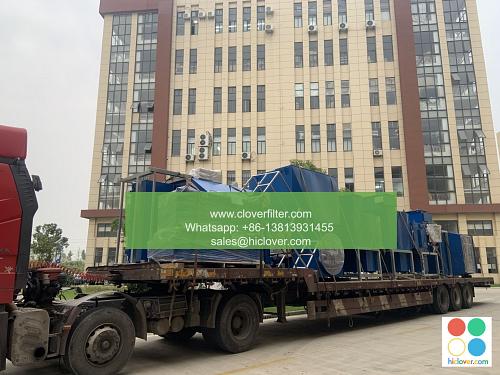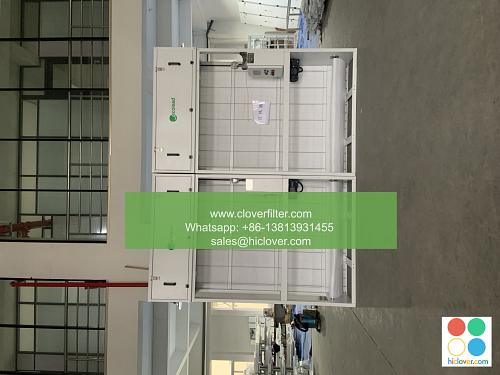What are Class 100 Clean Booths?

What are Class 100 Clean Booths?
The Importance of Clean Air Handling in Industrial Environments
In various industries, maintaining a clean and controlled environment is crucial for producing high-quality products, ensuring worker safety, and conforming to regulatory standards. In this context, Class 100 Clean Booths play a vital role in achieving these objectives. In this article, we’ll delve into the world of Class 100 Clean Booths, exploring what they are, their benefits, and the various application areas where they’re used.
What are Class 100 Clean Booths?
Class 100 Clean Booths, also known as Class 100 Cleanrooms or ISO 14644-1 Class 100 Cleanrooms, are controlled environments designed to provide a dust-free and particle-free space. They are used to protect equipment, materials, and personnel from environmental contaminants, ensuring a higher level of purity and cleanliness. These booths are particularly useful in industries where even the smallest particles can compromise product quality, such as in the manufacturing of semiconductors, pharmaceuticals, and medical devices.
Benefits of Class 100 Clean Booths
- Reduced Contamination Risk: By providing a controlled environment, Class 100 Clean Booths minimize the risk of contamination, ensuring that products meet regulatory standards and are manufactured to the highest quality.
- Increased Productivity: Clean booths enable workers to work in a controlled atmosphere, reducing the time spent on rework and increasing overall productivity.
- Improved Worker Safety: By reducing the risk of contamination, clean booths also improve worker safety, as they minimize exposure to hazardous materials and chemicals.
- Compliance with Regulations: Class 100 Clean Booths help companies meet regulatory requirements, such as those set by ISO, FDA, and EPA, ensuring compliance and minimizing the risk of fines and reputational damage.
Key Applications
- Semiconductor Manufacturing: Class 100 Clean Booths are used in the production of semiconductors, integrated circuits, and other electronic components, where even tiny particles can compromise performance.
- Pharmaceuticals and Biotechnology: Clean booths are essential in the production of pharmaceuticals, vaccines, and biotechnology products, where minimal contamination can have serious consequences.
- Medical Equipment and Devices: Manufacturers of medical equipment, such as MRI machines and surgical instruments, use Class 100 Clean Booths to ensure the highest level of purity and cleanliness.
- Food Processing and Packaging: Clean booths are used in the food industry to package and process food products, reducing the risk of contamination and ensuring a high level of quality.
- Aerospace and Defense: Class 100 Clean Booths are used in the production of sensitive aerospace and defense equipment, where even the smallest particles can compromise performance and security.
In Conclusion
Class 100 Clean Booths play a crucial role in maintaining a clean and controlled environment, enabling industries to produce high-quality products, ensure worker safety, and comply with regulatory standards. Whether used in semiconductor manufacturing, pharmaceuticals, medical devices, food processing, or aerospace, these booths are an essential investment for any industry seeking to minimize contamination risk and increase productivity.
Additional Resources
- [1] International Organization for Standardization (ISO) 14644-1:2012, "Cleanrooms and Associated Cleanroom Equipment – Part 1: Vocabulary, Symbols, and Definitions"
Sources:
- [1]. (2022). What is a Cleanroom? – Definition, Types, and Uses. Cleanroom Magazine.
- [2]. (2020). The Importance of Class 100 Clean Rooms in Medical Device Manufacturing. Medical Design and Manufacturing.
- [3]. (2019). The Role of Cleanrooms in Food Processing and Packaging. Food Processing Technology.
I’m happy to help with a prompt! What would you like to talk about or ask?


